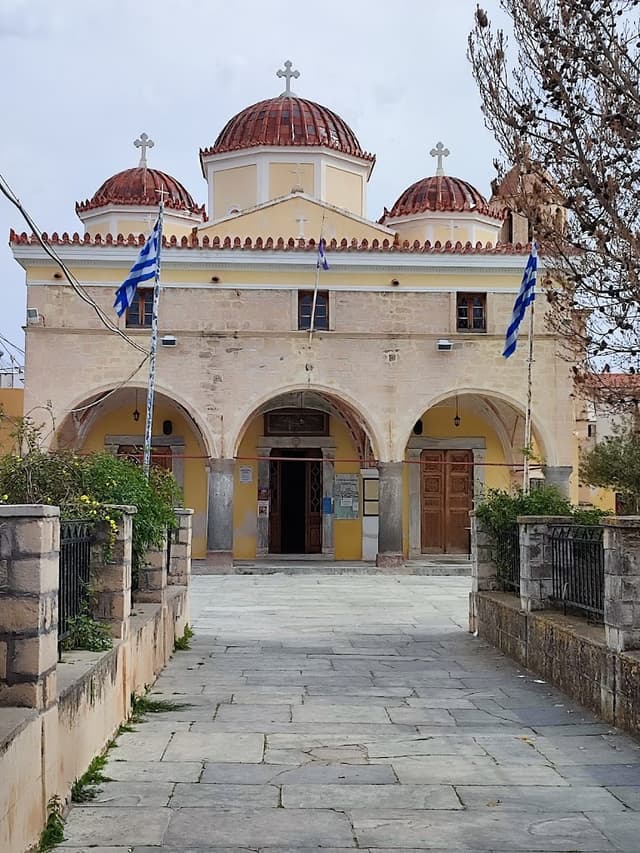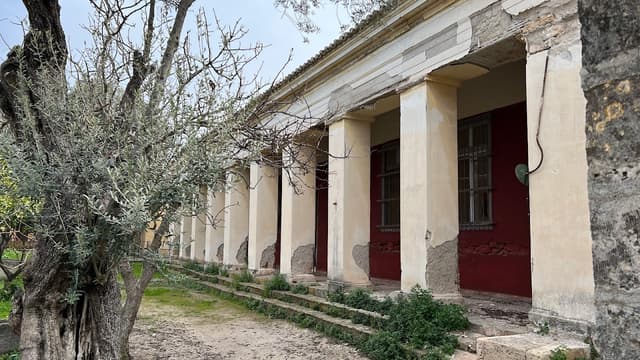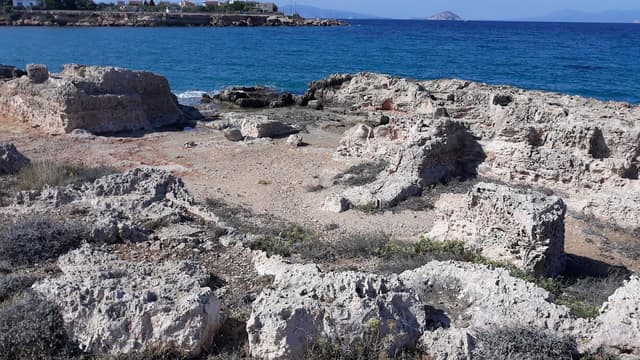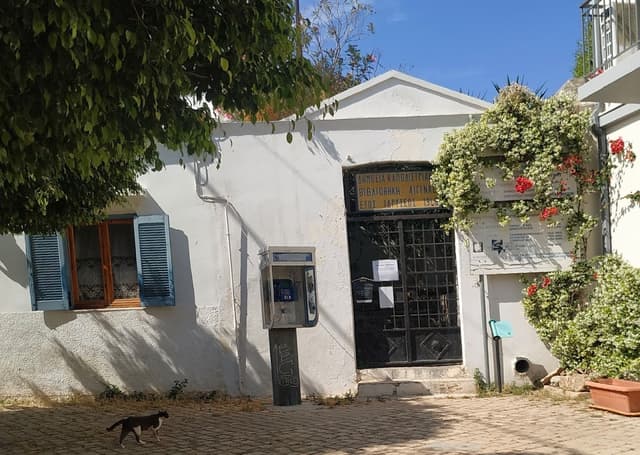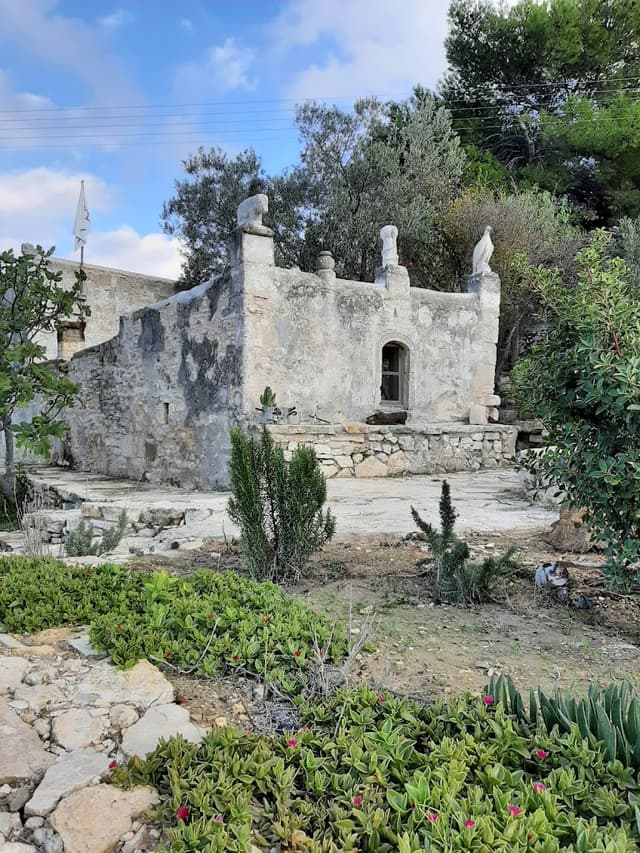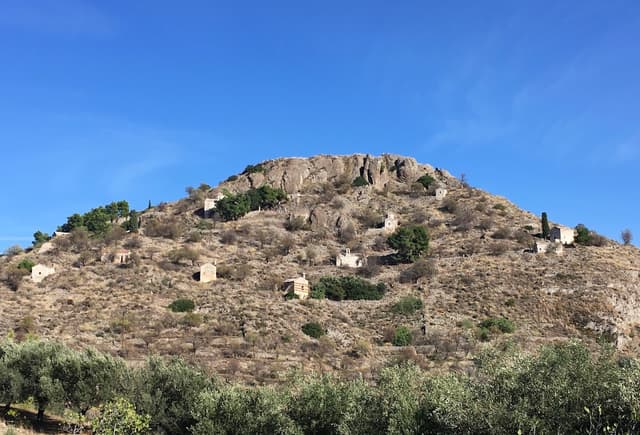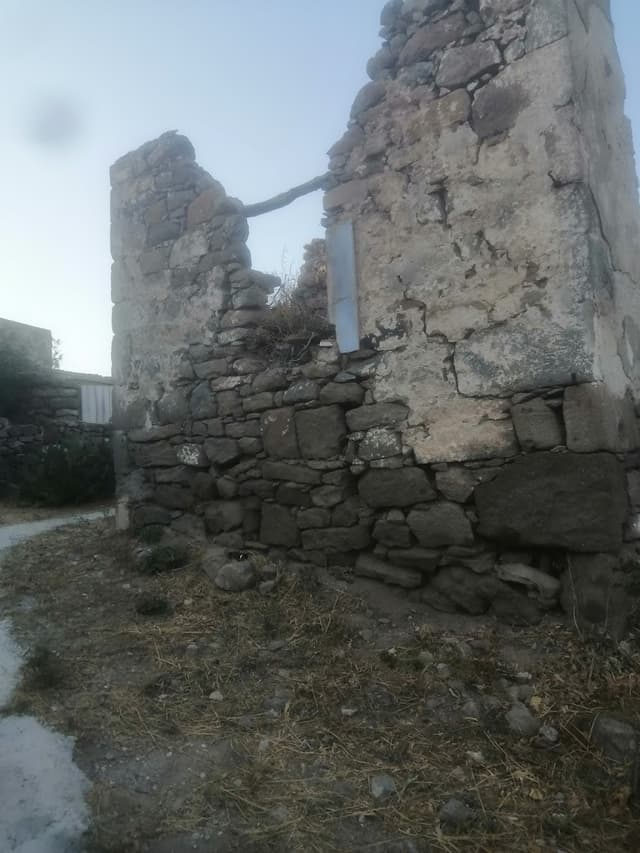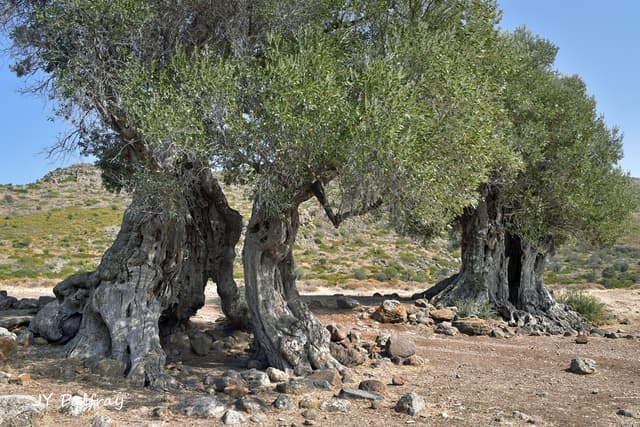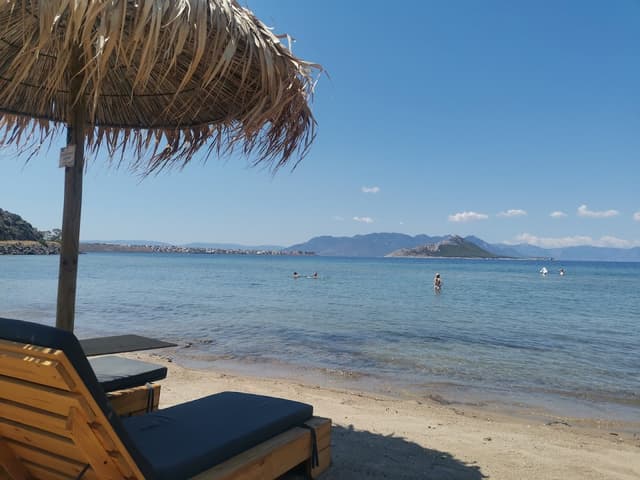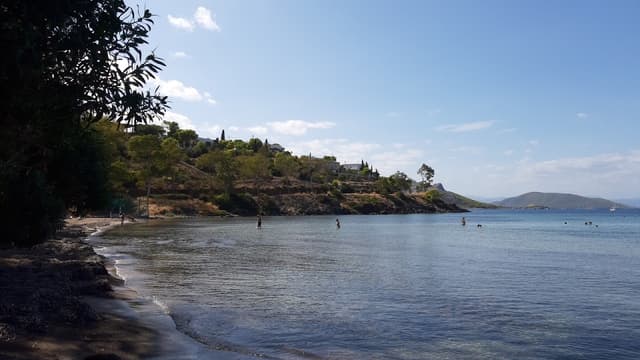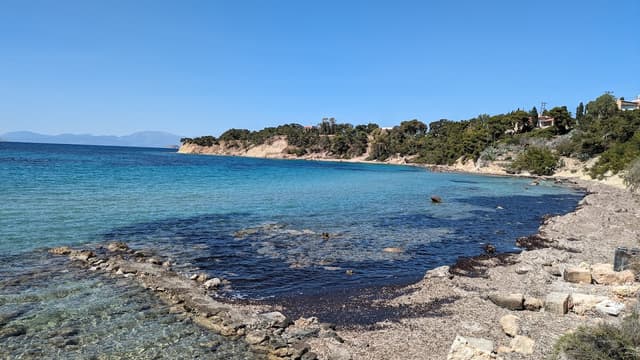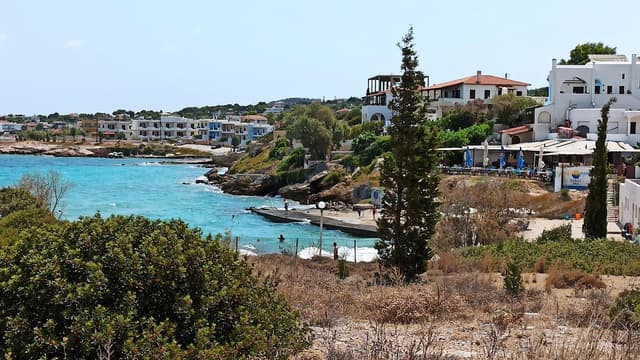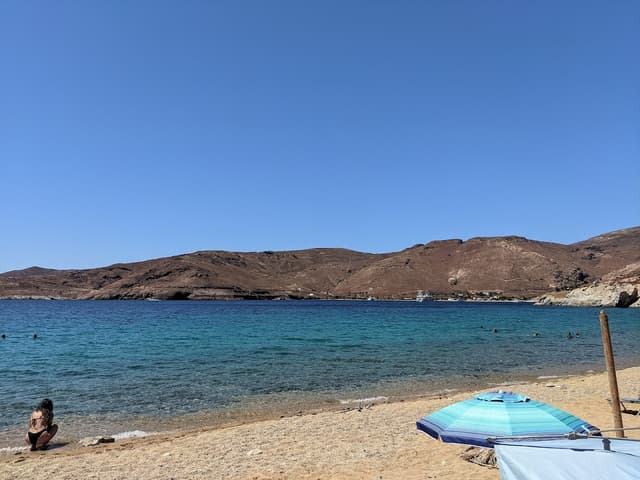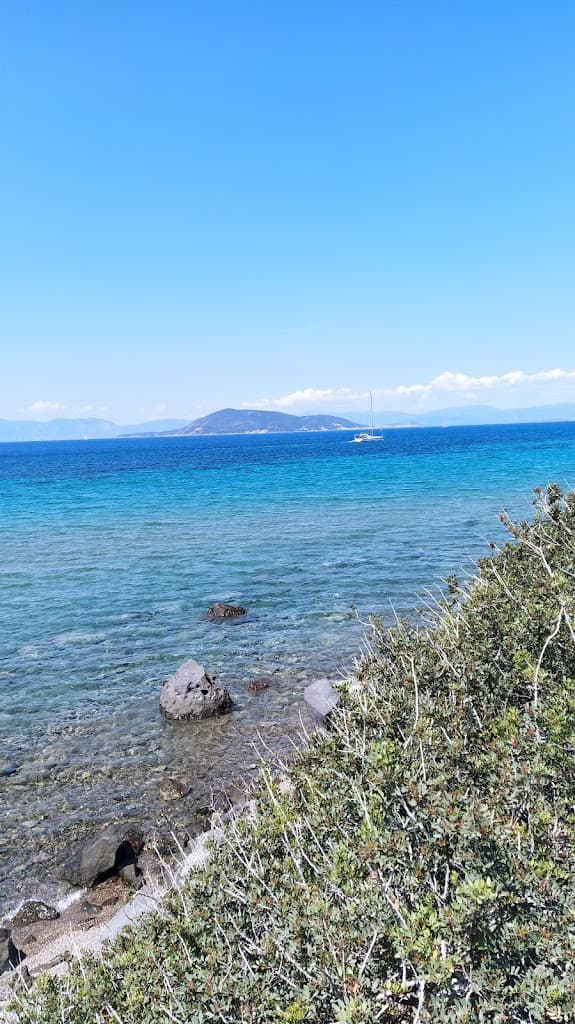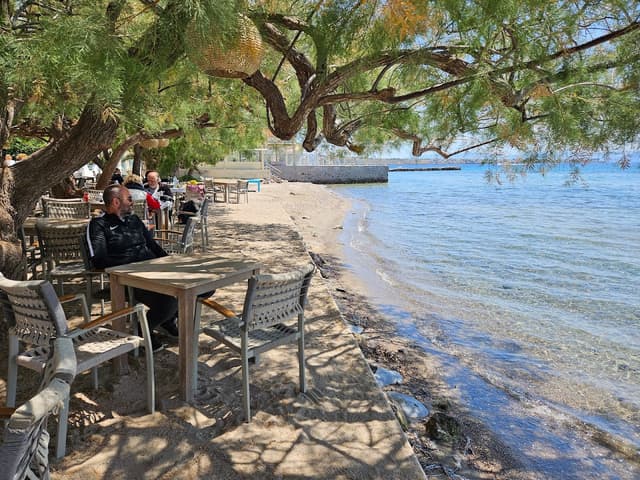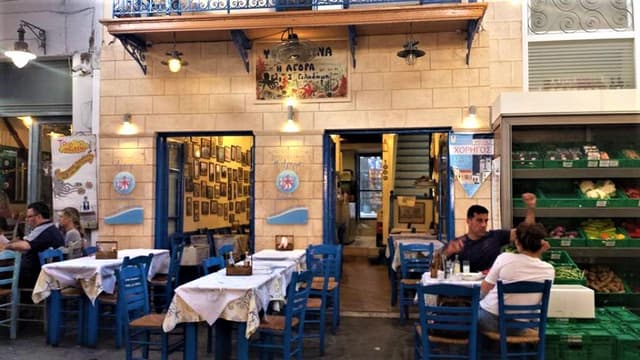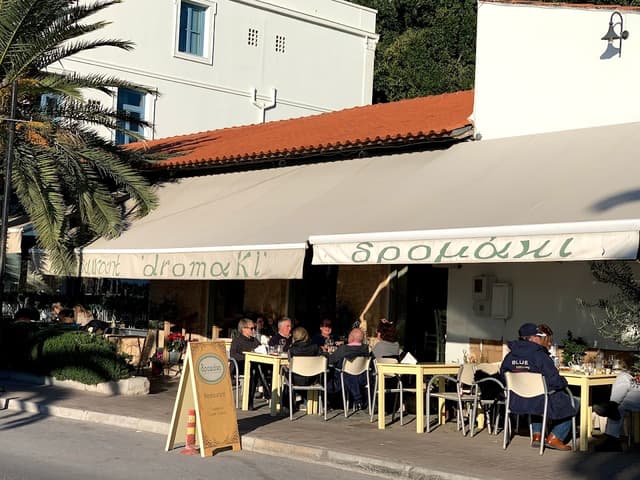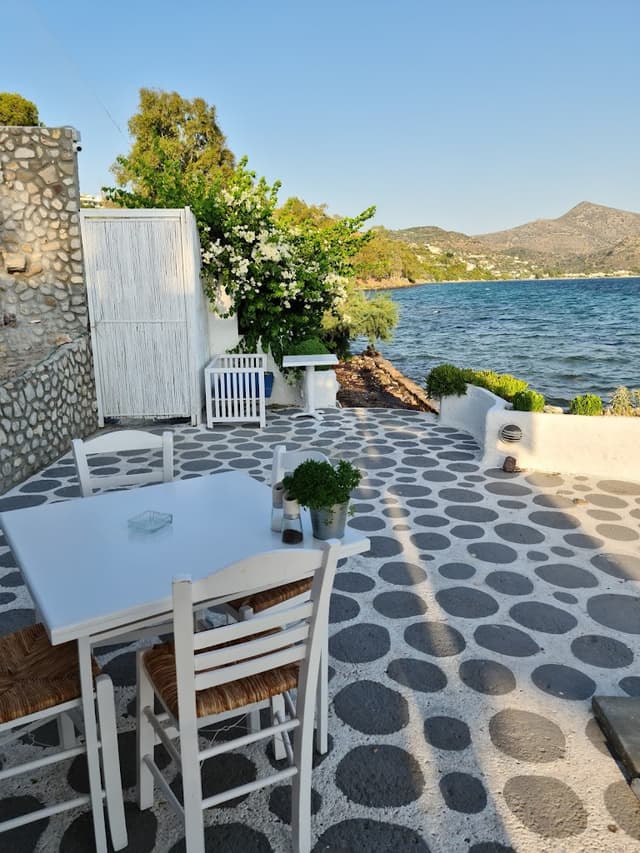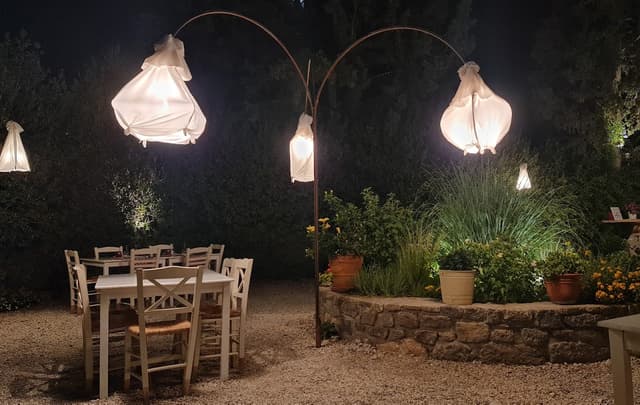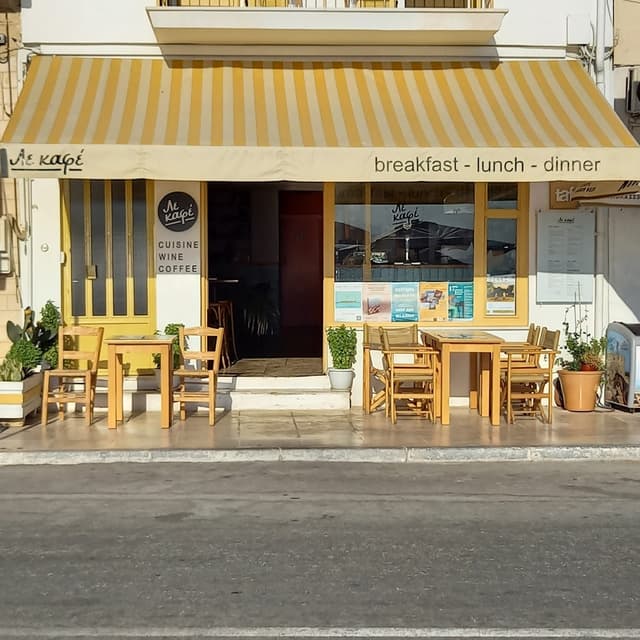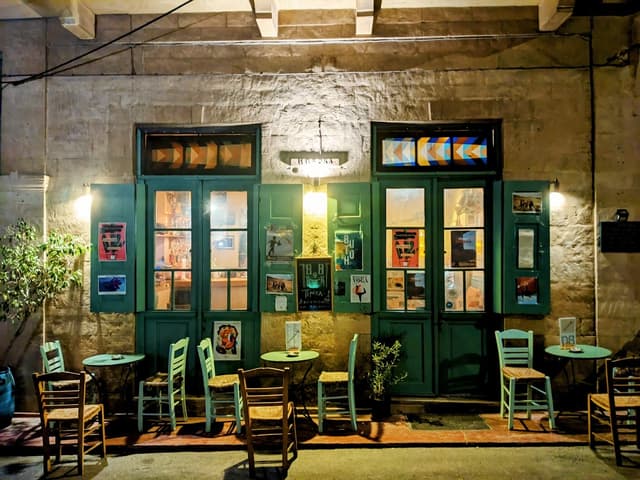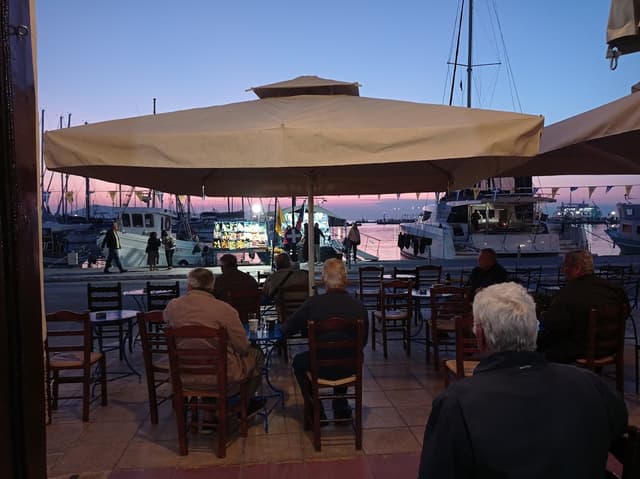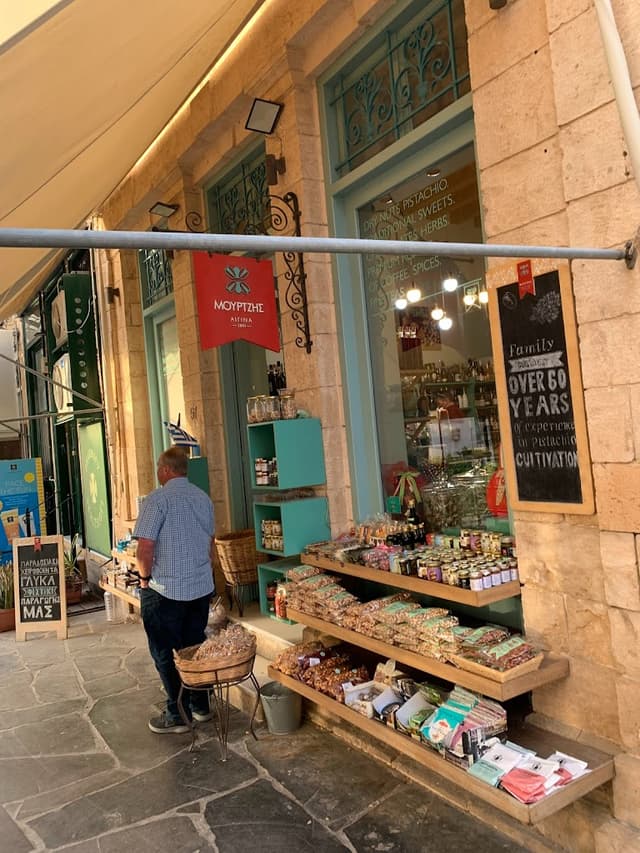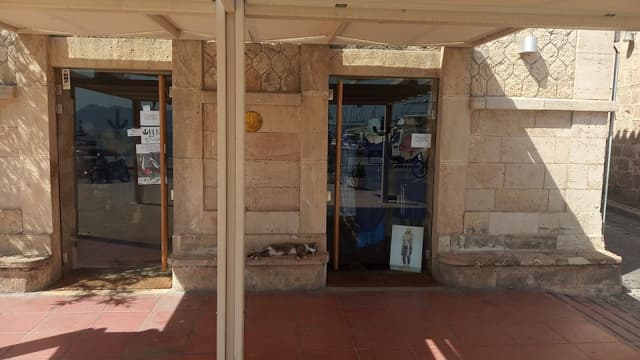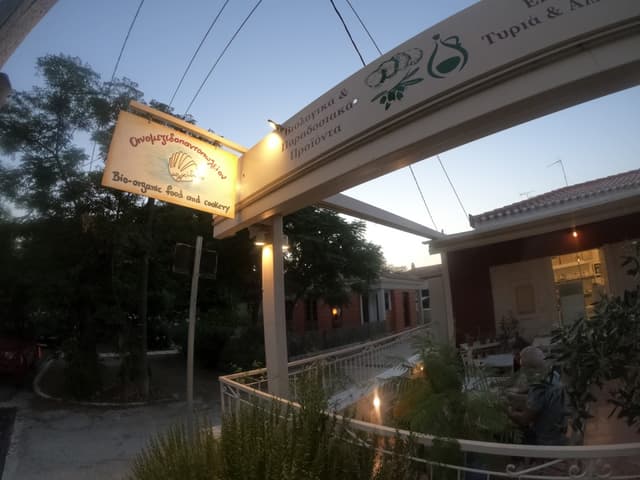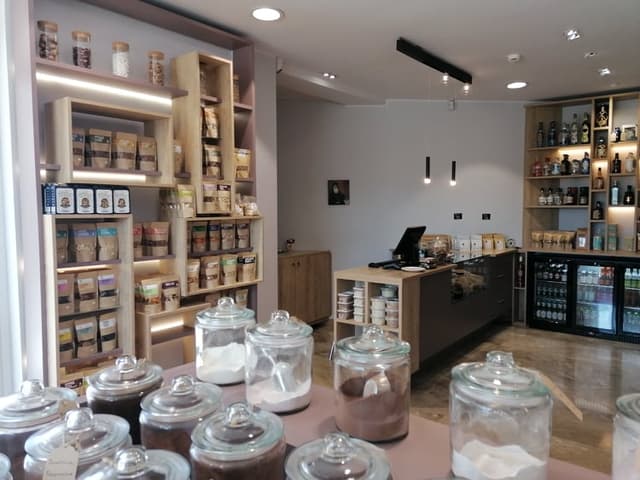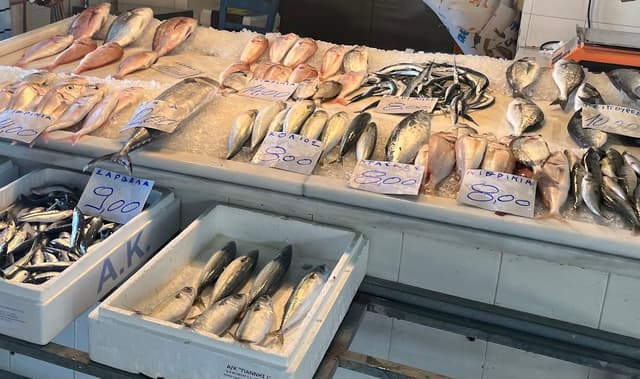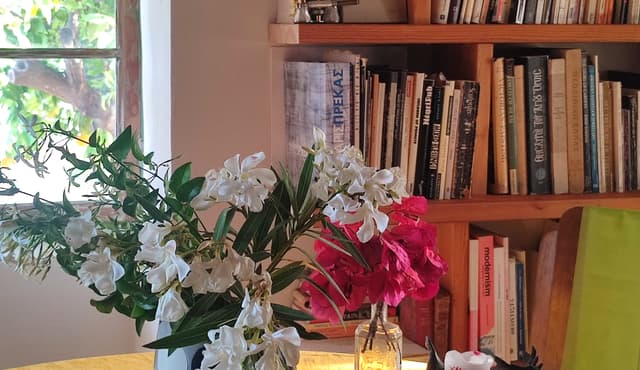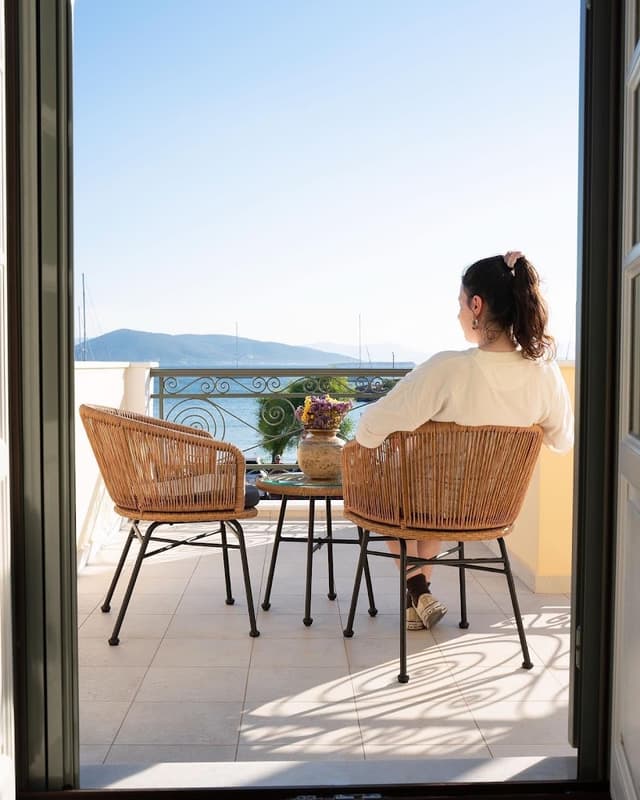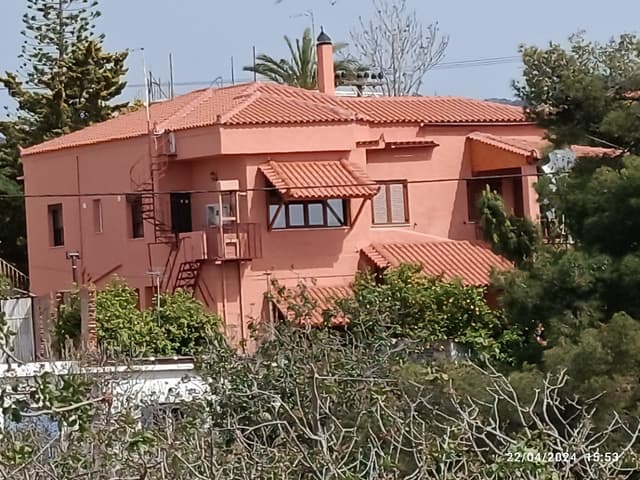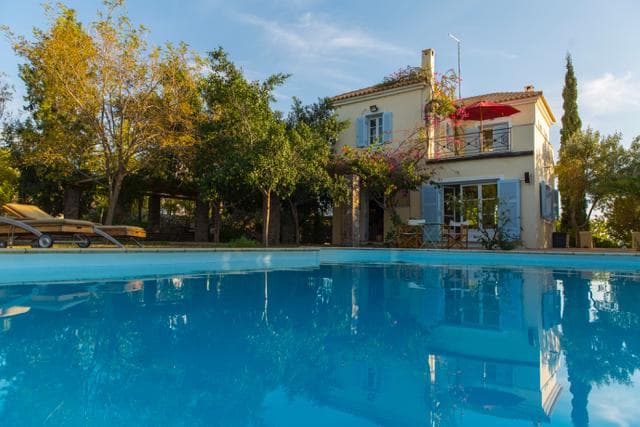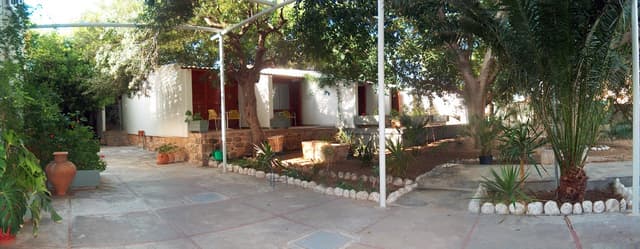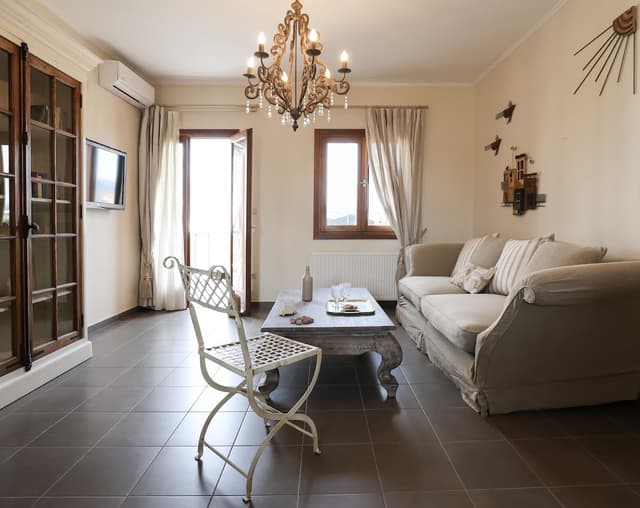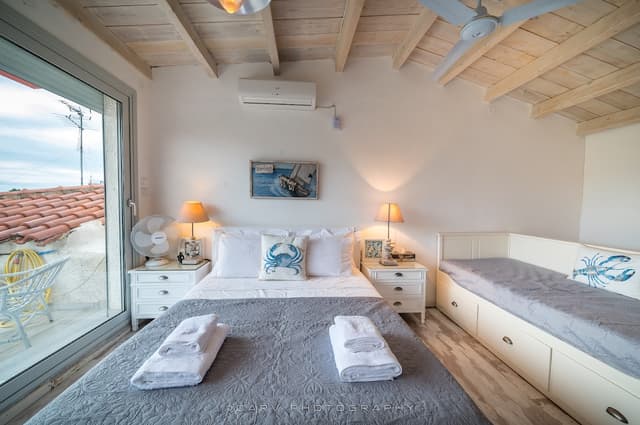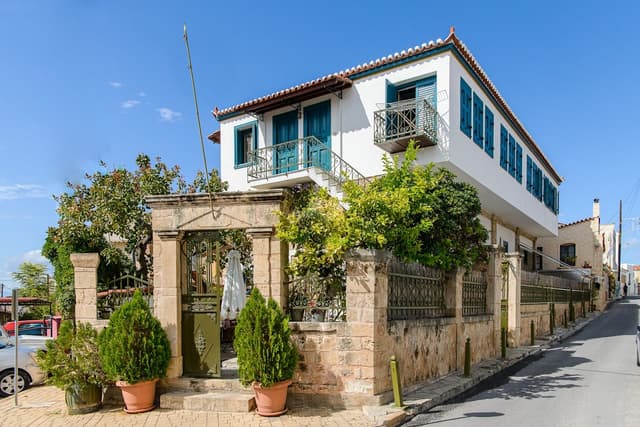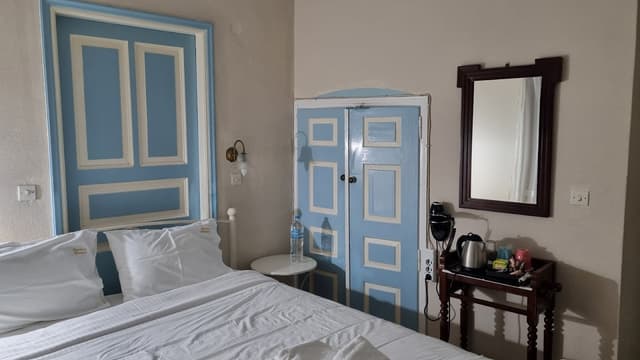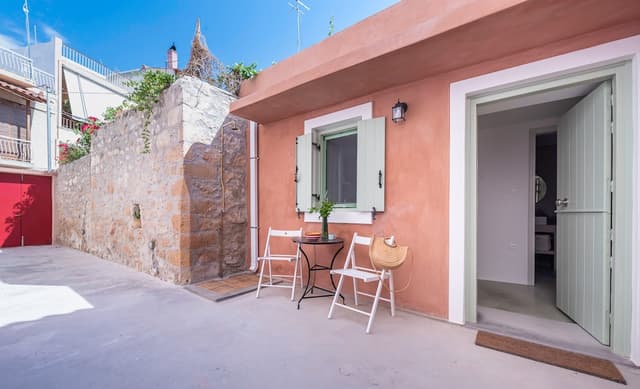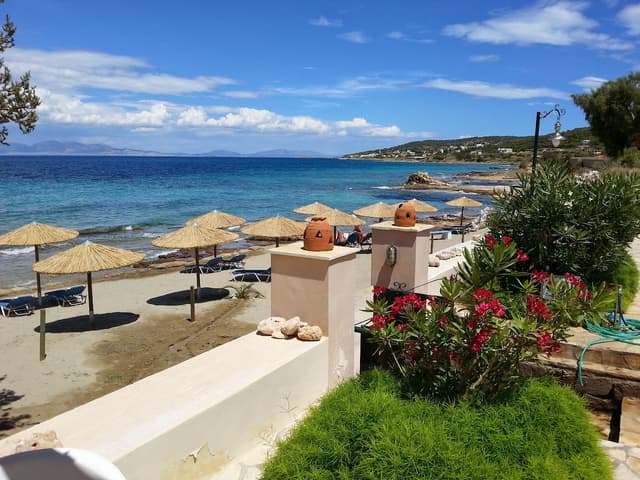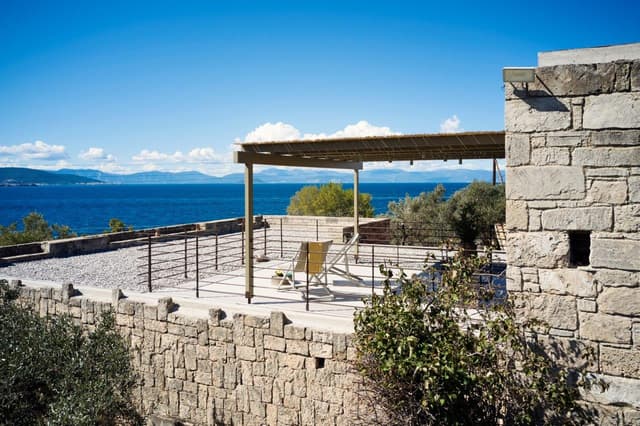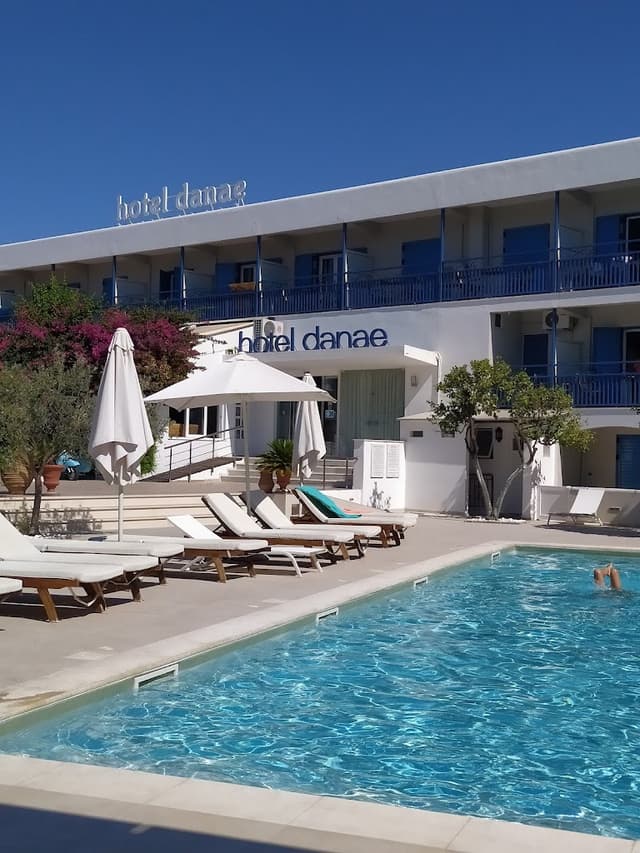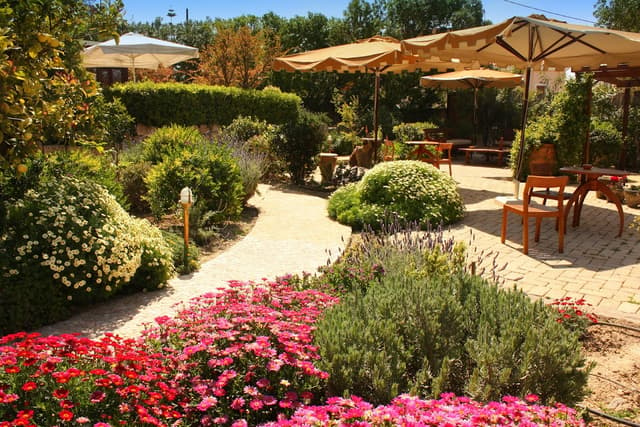Archaeological Museum of Aegina
@definitelygreece
The Archaeological Museum of Aegina holds the distinction of being the first National Museum of Greece, established by Ioannis Kapodistrias on 21 October 1829 in Aegina, the former capital of the Greek state. Over its storied history, the museum has undergone several relocations before finding its current home in 1981 at the archaeological site of Kolona, adjacent to the ruins of prehistoric settlements and the historical acropolis.
Visitors to the Archaeological Museum of Aegina can explore three halls filled with captivating collections spanning from Prehistoric to Roman times. These exhibits include artifacts from notable sites such as Kolona, the Temple of Aphaia, Temple of Ellanios Zeus, Temple of Artemis, and Temple of Apollo. The museum showcases Cycladic and Cretan vases, providing insights into Aegina's vibrant commercial activities during ancient times.
Among the museum's highlights is a reconstruction of a Proto-Helladic two-story residence known as the "White House" and a copper foundry. The exhibits feature a diverse array of ancient treasures, including ceramics, marble statues, jewelry, bronze vessels, pottery, inscriptions, and coins.
Aegina's reputation as a center of artistic excellence in the Archaic period is exemplified through impressive sculptures displayed in the museum, notably the sculptures from the pediments of the Archaic temples of Apollo, sphinxes from the sanctuary, and ancient reliefs. One standout piece is the statue of the Sphinx, a classical period masterpiece unearthed during excavations in 1903, depicting a creature with the body of a lion and eagle and the head of a female human.
In addition to the museum's indoor exhibits, visitors can admire tombstone reliefs from the Rhenia cemetery in the patio and explore traces of Aegina's ancient war harbor, known as the "Cryptos" harbor, located by the sea under the hill.
Looking ahead, plans are underway to transfer the museum's collection back to its original location, the Kapodistrian Orphanage, which is currently undergoing restoration to house Aegina's "Diachronic Museum." This ongoing evolution reflects the museum's commitment to preserving and showcasing Aegina's rich archaeological heritage for future generations.







